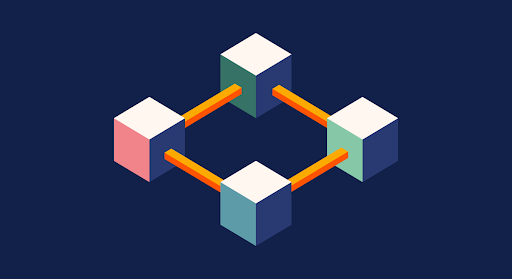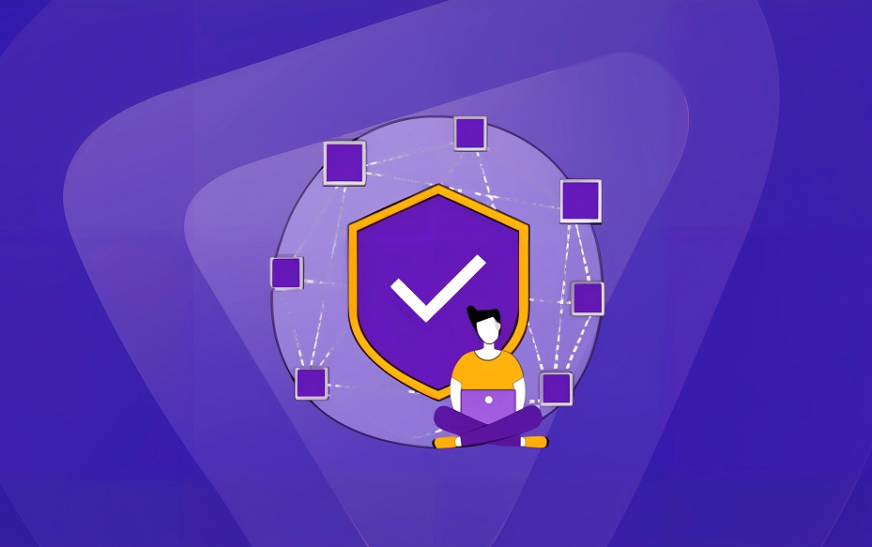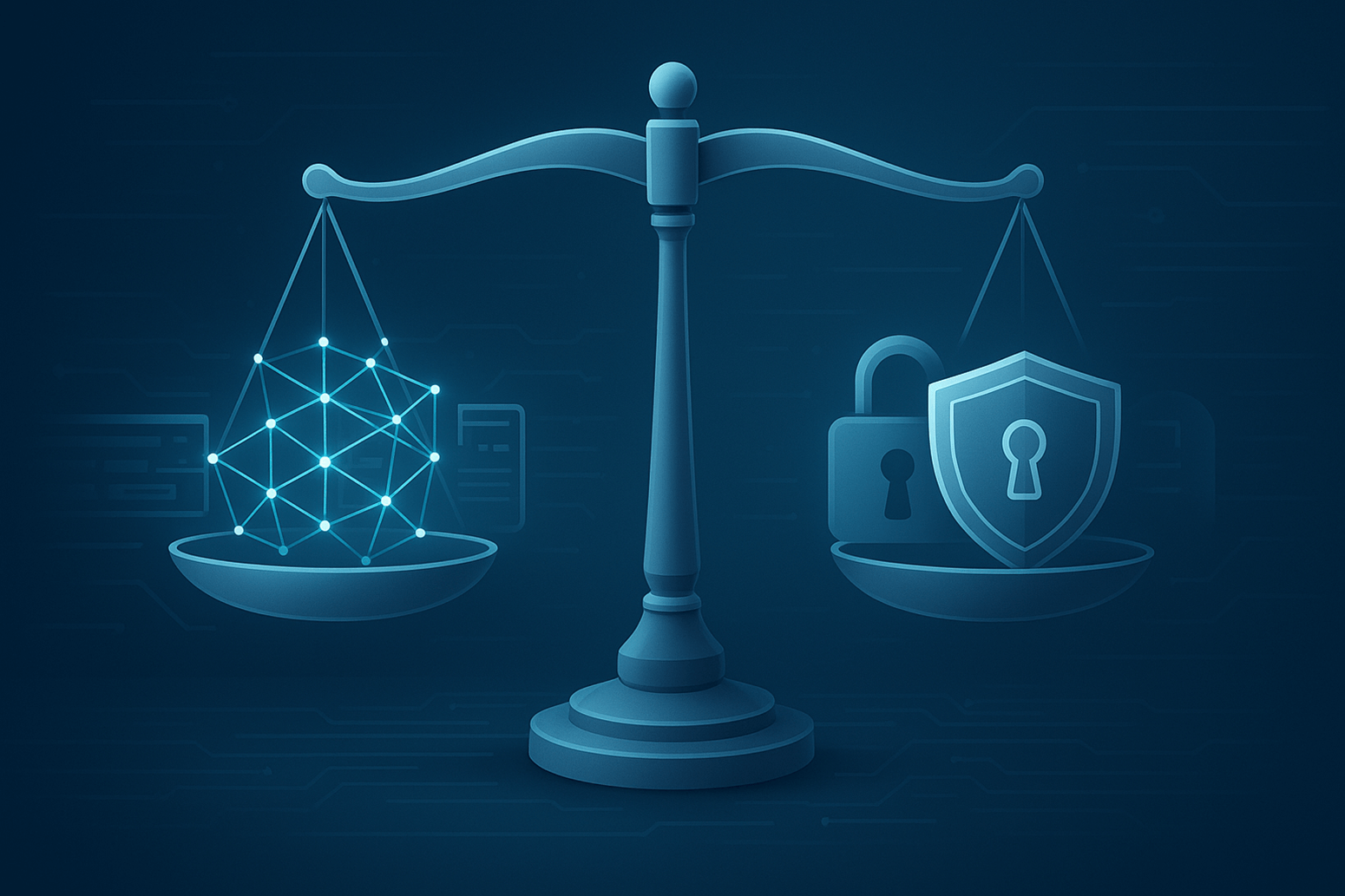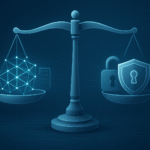The VPN that is Decentralized a VPN that runs on a global network of nodes that are managed by regular people improved anonymity and privacy are Promised a theoretically more difficult-to-track or obstruct Solution. However what makes this technology even feasible? And how can the supplier of dVPN Guarantee the security of your internet traffic while it travels via several Nodes? excellent queries the blockchain has the solution Let examine this.
DVPN Basics
Basics first a dVPN uses a network of distributed nodes rather than routing traffic through the server of a centralized VPN provider. Each of these nodes is operated by a regular person like you or me.
When you use the dVPN solution you connect directly to one of these nodes. Your IP is then disguised as the residential IP of the node that is hosting you.
Why does that benefit you? Because it makes it very difficult for websites to work out that you’re using a VPN. Your IP looks exactly like a residential IP, not the IP of a centralized VPN provider. That means you are more resilient against censorship and blocking. There’s also no risk of the provider collecting your logs and selling your data because the dVPN’s infrastructure makes this impossible.
But how does this work? It’s all the result of blockchain technology.
How DVPNs leverage blockchain

Blockchains let people conduct secure transactions on the decentralized web. This ‘security’ comes from the blockchain’s cryptographic algorithms. These algorithms encrypt every transaction so that they can’t be tampered with or altered. It is these qualities that make the blockchain the basis for cryptocurrencies like Ethereum and of course Bitcoin.
How does this link back to the dVPN? Well, blockchain lets users create private and secure connections without needing to go through a centralized service provider. A user can simply use the blockchain’s infrastructure to establish an encrypted connection to one of the many nodes in the dVPN’s peer-to-peer network. Let’s look at why this is advantageous.
Blockchain Provides A Trustless Architecture
The primary benefit to blockchain is that it eliminates the need to route traffic through a centralized VPN server. That means there is no single point of failure for entities to track or monitor or censor you.
It also means your data cannot be collected and stored by anyone. VPN providers always tell their users that they don’t collect logs. Still, this is just a promise. There are actually several cases of VPN providers recording logs despite saying they don’t.
In contrast, the blockchain’s distributed architecture means there’s no centralized point for entities to collect your data. The ‘no-logs’ policy is enforced by tech. You don’t need to rely on the word of the provider—super helpful stuff when you’re trying to ensure your anonymity.
Summing It All Up
Blockchain lays the groundwork for all the benefits of the dVPN. It provides security and privacy by default. It makes it much harder for an entity to censor you from watching the content you want. It also means you don’t need to rely on the word of a VPN provider that they don’t collect your logs. As for the dVPN providers? As always, it’s important to choose one you can trust. I’ve tested a bunch and have found that PortalsVPN may be the best one in terms of privacy and security. I particularly like their easy setup process you don’t have to be a tech wizard to get started with it. Mysterium or Sentinel are also worth checking out.













